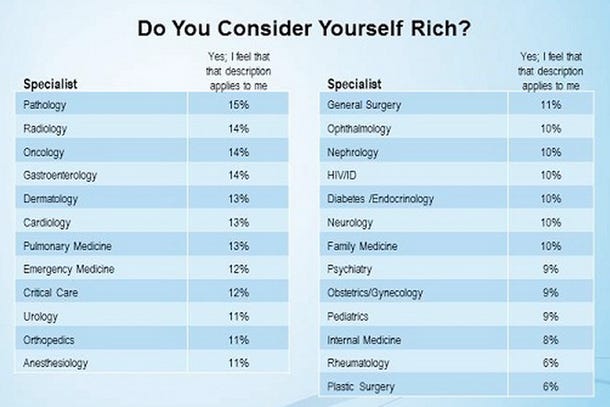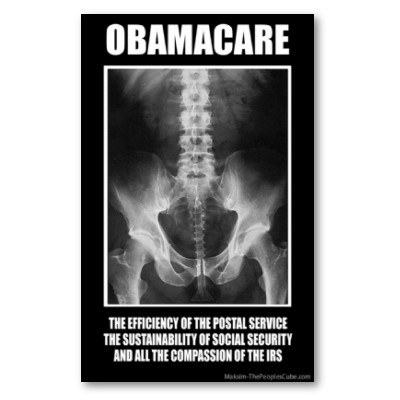- Joined
- Jul 1, 2012
- Messages
- 270
- Reaction score
- 2
Agreed. Well said.
Did you just call Argentina 1st world? 😱 Please visit Argentina. Hit up Brazil when you're down there too. Why not. And then every other state in South America. 🙂 Then we will talk First World.
Agreed 100%.
Indeed. This is a simple idea based upon you feeling a certain way about things happening in the future -- I would make the argument that the terrorist one is not much different.
Potato, potahto. Which killed the 60yo man? 40 years of CAD? the massive MI? The pastrami sandwich the morning of?
I would think that his relatives would say he died of an AMI. A cardiologist might say he should have paid attention to the warning signs.
The Coroner will say MI. His wife will say it was the "F-ing pastrami sandwich that killed Harold..." Does it matter? Bottom line is, his CAD could have gone on for 20 more years without that MI, agreed? BUT he had the MI (9/11). And then died. If we're living in a post-MI world, which we are, we have to recognize what ultimately and immediately led to our demise. I think 9/11 was a MASSIVE MI.
Right now I don't have to worry about that, per se. Not in NY/DC/CHICAGO, at least FT. LA is a target, I'm there a bunch. And will live there again. When I'm older, I think living in NYC would be amazing, and when I'm older and ready to die in a Nuke blast or "whatever the hell gets me, my time has come (I ain't there yet), I would LOVE to live in NY. Terrorists or not. It's taken a long time to want to go home after being in LOWER NYC on 9/11.
I do think there is more than a non-trivial chance of a terrorist attack in the US in the next decade and beyond, however, I just don't know where it will hit, any more than I can predict the market in a month. They could go to PHIL, KANSAS, MIAMI, who knows. But I know they are intent on hurting us, it's a fact. Agencies around the US are planning and preparing and defending and I have more than one relative involved in all of that.
Now now, PGG, play nice. 😀 I'll tell you what though, I'll stop worrying about terrorists, when you stop worrying about the decline of the American financial way. 😉 Deal? I mean, it's no coincidence that when Bill Clinton left office, during his first interview he was asked about his biggest fear. I paraphrase, -- he said a nuclear attack on US soil. This coming from a man with the most TSI/SC knowledge of any human on the planet. Briefed every morning. He didn't hesitate a FRACTION of a second to answer that question, I recall it clearly. I wouldn't gage the next 30 years on his hunch, but then 9/11 happened, and as a PoliSci student during Undergrad who focused on Terrorism, as I said, the next one HAS to be bigger to accomplish goals. Bigger isn't an airliner, or a cruise ship or killing some peeps with an IED. Bigger is a Nuke, and we all know that. The question is, how are we willing to allow that to affect our everyday life. Mine is that I wouldn't feel comfy living in DC right now. That's about it. Do I know where "safe" is? Nope. So, I take the same precautions with my family as you do yours. Just a different means to an end if you think about it. :thumb up:
D712[/QUOTE]
Look, I realize the trauma experienced, in a unique way, by New Yorkers on 9/11. My brother, sister-in-law, and cousin were all downtown, that day. They do view things differently.
That being said, you seem to have more of an "inclination" towards buying into the FEAR.
While somewhat difficult to prove (as are many of the events of 9/11), my personal "inclination" is not to trust government. I think that our Founding Fathers (and much of history) warned us that fear is often USED by governments in order to consolidate power and to control a population, perhaps especially in times of extreme uncertainty and possible impending catastrophe.
TSA folks patting down granny at the airport? Could it all be a move to slowly condition the population into accepting small encroachments of our individual freedom? All in the name of "security".
I don't know. Perhaps I'm just a skeptic.










